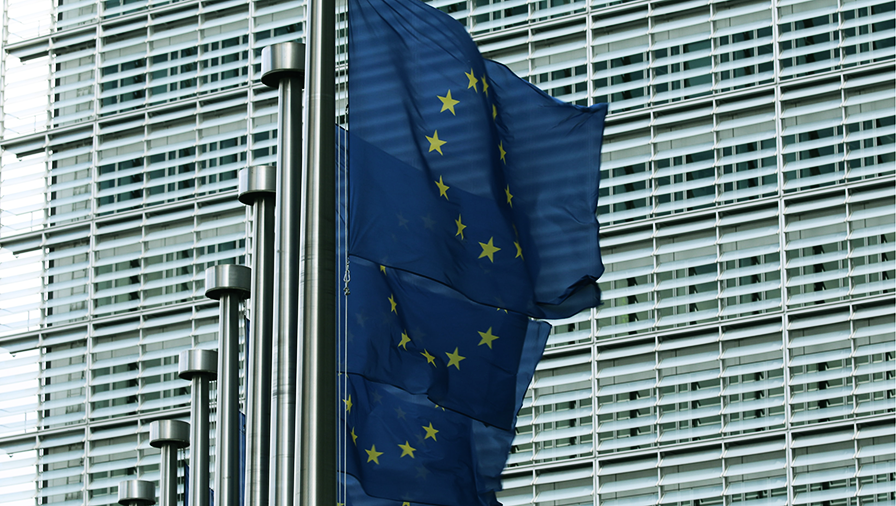
The European Commission has proposed a new regulation that will provide it with tools to counteract economic coercion from third countries with measures such as tariffs and imports restrictions.
On 8 December 2021, the European Commission (the “Commission”) presented a proposal for a new regulation (available here) which, if implemented, will enable the EU to respond to economic coercion from third countries.
Economic coercion refers to circumstances where a country is threatening to apply, or is already applying, economic measures that affect trade to put pressure on another state into changing their policies. Examples of such measures are discriminatory import duties and selective border checks on, or boycotts of, goods from a certain country in response to a legislative initiative. With regard to the EU, this could for example be in order to bring about a change of policy in areas such as climate change, taxation or food safety. According to the Commission, the EU and its Member States have in recent years been subject such economic coercion on a number of occasions.
The purpose of the proposed regulation is primarily to, already through its existence, deter third countries from engaging in, or continuing, economic coercion, without the EU being compelled to actually implement response measures. The Commission expressly states that “the instrument would be most successful if there is no need to use it”.[1] The proposed regulation is meant to de-escalate and induce discontinuation of specific coercive measures through dialogue as a first step. Therefore, as a first step, the proposed regulation provides that the Commission will examine the relevant measure of the third country to determine if it qualifies as an economic coercion. If a measure is considered to be an economic coercion, the Commission will be able to engage and negotiate with the third country in order to have the coercion cease. It is proposed that the Commission should have the authority to act on its own initiative or when informed of a certain measure.
As a last step, if the economic coercion of the third country persists, the proposed regulation grants the Commission the right to implement a range of countermeasures, including tariffs and import restrictions, restrictions on services or investments and limitations of the third country’s access to EU’s internal market. In addition to implementing measures on third countries, the Commission may direct response measures to legal and natural persons.
The proposal is still in an early legislative phase. It will now be discussed by the Council and the European Parliament. During the next two months, stakeholders and citizens may provide feedback to the Commission, who will report to the Council and the Parliament.
France, which takes over the Council Presidency in January, apparently supports the Commission’s proposal, but other Member States, such as Sweden, seem to be more reluctant, seeing risks of protectionism.
[1] https://ec.europa.eu/commission/presscorner/detail/en/qanda_21_6643